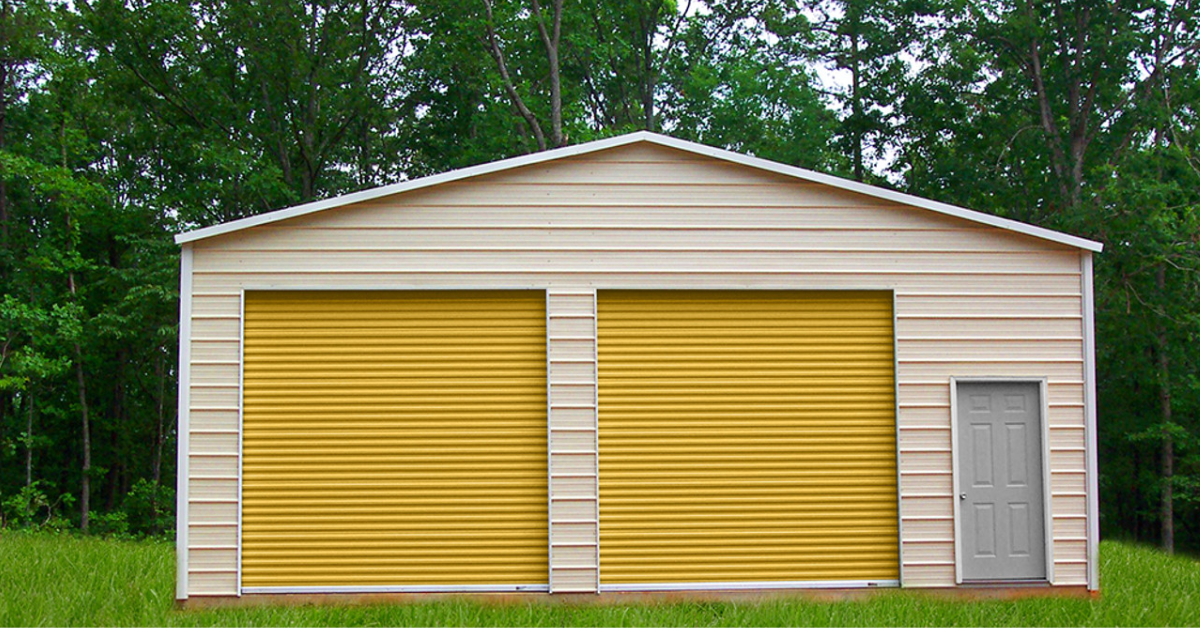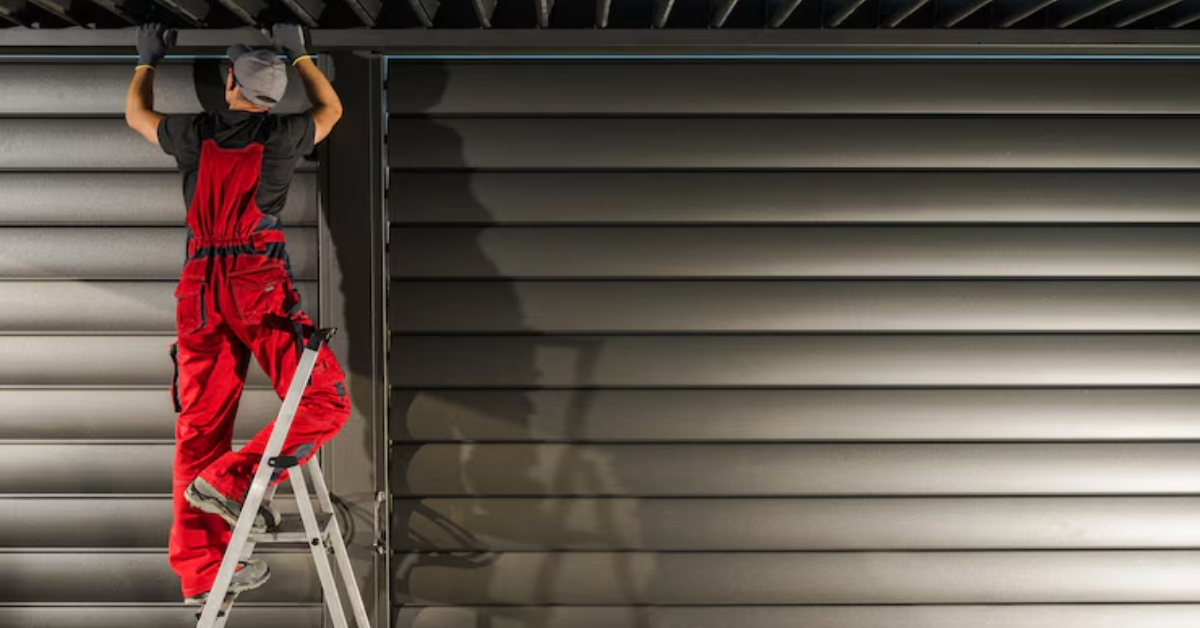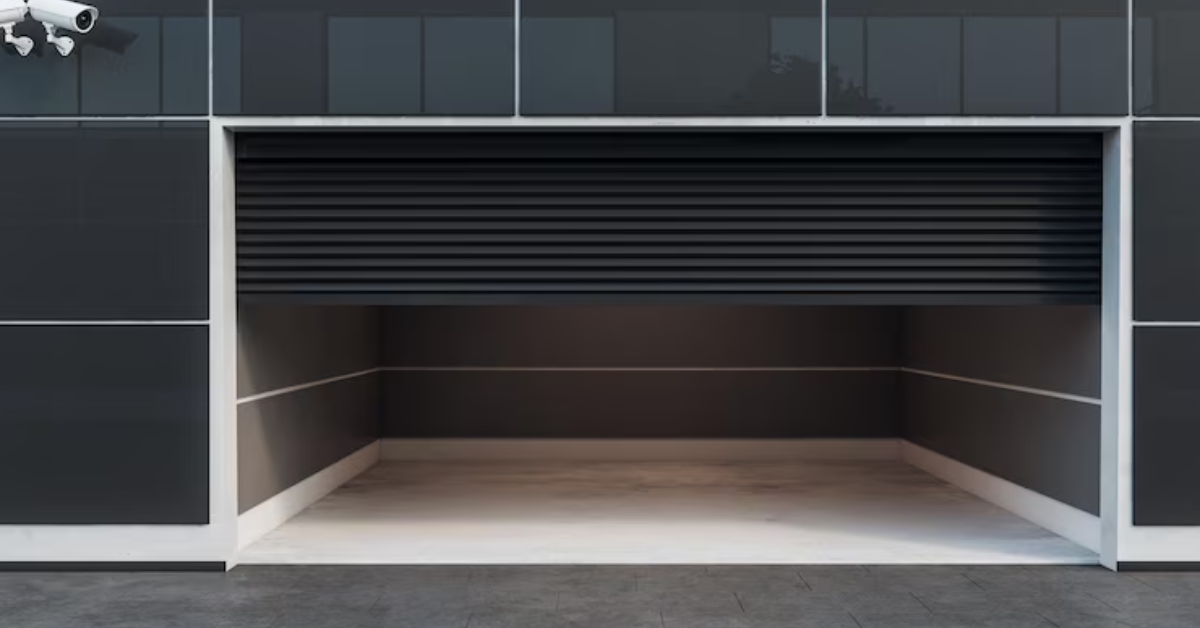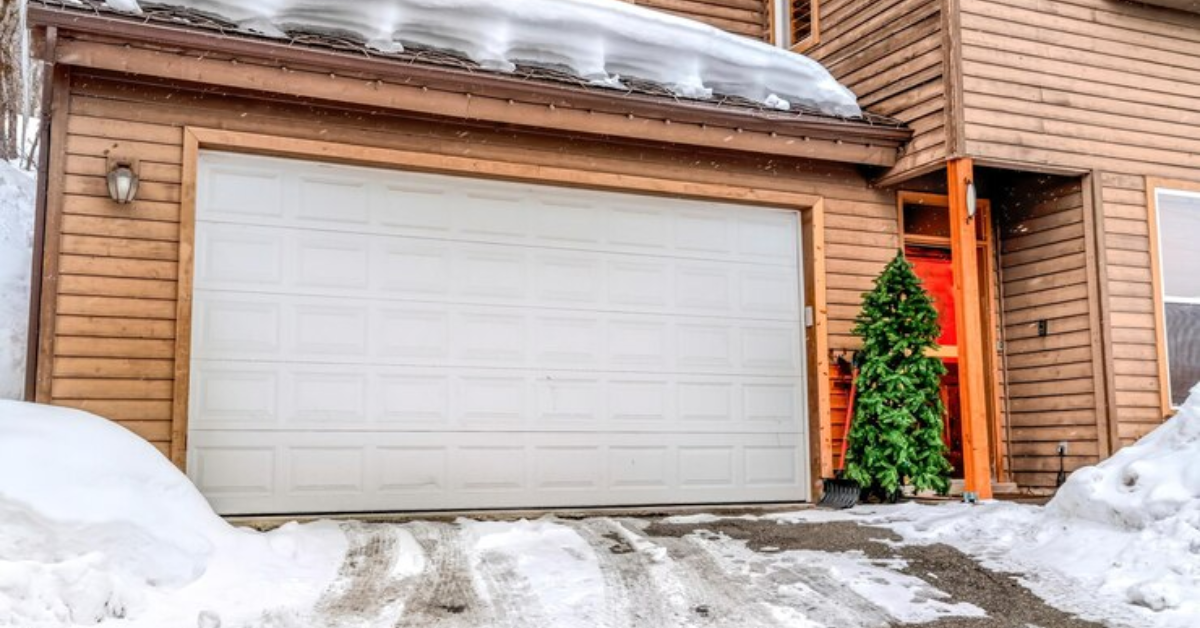Are Roll Up Garage Doors Insulated?
Roll up garage doors are a popular choice for homeowners and businesses due to their space-saving design and ease of operation. These doors, also known as rolling doors or coiling doors, consist of horizontal slats that roll up into a coil above the door opening when opened. While roll up garage doors offer various benefits, such as durability and security, one essential consideration is whether they are insulated.
Roll up garage doors are characterized by their vertical operation, allowing them to roll upward into a compact coil instead of swinging out or sliding sideways like traditional garage doors. This design maximizes overhead space in the garage, making roll up doors ideal for locations with limited ceiling clearance or those seeking to optimize storage space.
Insulation plays a crucial role in garage doors, contributing to energy efficiency, temperature regulation, and soundproofing. In regions with extreme temperatures, insulated garage doors help maintain comfortable indoor temperatures by reducing heat loss in the winter and heat gain in the summer. Also, insulation can minimize noise transmission, making insulated garage doors quieter and more conducive to a peaceful living environment.
A Basic Understanding Of Insulation
Insulation serves as a barrier against heat transfer, helping to maintain desired temperatures within a space while minimizing energy consumption. In the context of garage doors, insulation plays a crucial role in regulating indoor temperatures and enhancing overall comfort. Insulation refers to materials designed to impede the flow of heat between two environments. It works by reducing the rate at which heat is transferred through conduction, convection, and radiation. Common insulation materials include foam, fiberglass, and reflective foil, each offering unique properties suited for different applications.
In garage doors, insulation is typically integrated between the layers of the door structure. This insulation layer acts as a thermal barrier,
preventing heat from escaping during cold weather and blocking heat from entering during hot weather. As a result, insulated garage doors help maintain more stable indoor temperatures, reducing the workload on heating and cooling systems and lowering energy bills.
Benefits of Insulated Roll Up Garage Doors
Insulated roll up garage doors offer several advantages over non-insulated counterparts, making them a preferred choice for homeowners and businesses seeking improved energy efficiency, durability, and comfort.
Improved Energy Efficiency:
Insulated garage doors help to regulate indoor temperatures, reducing the need for heating and cooling. By minimizing heat transfer through the door, insulated roll up garage doors can contribute to lower energy consumption and utility costs throughout the year.
Enhanced Durability and Strength:
The addition of insulation can increase the structural integrity and strength of roll up garage doors. Insulated doors are often constructed with thicker materials and reinforced panels, making them more resistant to dents, dings, and other forms of damage. This added durability can
prolong the lifespan of the door and reduce the need for frequent repairs or replacements.
Noise Reduction:
Insulated garage doors also provide soundproofing benefits, reducing the transmission of noise from outside sources into the garage and vice versa. This can be particularly beneficial for homeowners living in noisy neighborhoods or those using the garage as a workspace or recreational area.
Overall, the insulation of roll up garage doors offers numerous benefits, including improved energy efficiency, durability, and noise reduction. By understanding the importance of insulation and its impact on garage door performance, homeowners and businesses can make informed decisions when selecting the right door for their needs.
Types of Insulation Materials
When considering insulated roll up garage doors, it's essential to understand the various insulation materials available. Here are some common types:
1. Polyurethane Foam
Polyurethane foam is a popular insulation material known for its excellent thermal properties and high R-value. It is typically injected or sprayed between the layers of the garage door, expanding to fill gaps and crevices. Polyurethane foam provides superior insulation and structural reinforcement, making it an ideal choice for roll up garage doors.
2. Polystyrene Foam
Polystyrene foam, also known as expanded polystyrene (EPS), is another commonly used insulation material. It consists of small beads of polystyrene that are expanded and molded into rigid panels. Polystyrene foam offers good insulation properties and is lightweight, making it easy to handle and install in garage doors.
3. Reflective Foil Insulation
Reflective foil insulation comprises layers of aluminum foil sandwiched between layers of insulation material, such as foam or bubble wrap. This type of insulation reflects radiant heat away from the garage door, helping to maintain cooler temperatures in the summer and warmer temperatures in the winter. Reflective foil insulation is often used in conjunction with other insulation materials to enhance thermal performance.
Considerations When Choosing Insulated Roll Up Garage Doors
When selecting insulated roll up garage doors, several factors should be taken into account to ensure optimal performance and suitability for your specific needs:
- Consider the climate and weather conditions in your area when choosing insulated garage doors. Insulation requirements may vary depending on factors such as temperature fluctuations, humidity levels, and exposure to extreme weather events like snowstorms or heatwaves.
- Pay attention to the R-value and insulation ratings of the garage doors, as these indicators measure the thermal resistance and effectiveness of the insulation material. Higher R-values indicate better insulation performance, helping to maintain more stable indoor temperatures and reduce energy costs.
- Evaluate the cost of insulated roll up garage doors, taking into account factors such as initial purchase price, installation costs, and long-term energy savings. While insulated doors may have a higher upfront cost compared to non-insulated options, the potential energy savings and durability benefits can justify the investment over time.
By considering these factors and selecting the appropriate insulation materials, homeowners and businesses can choose insulated roll up garage doors that offer optimal thermal performance, durability, and cost-effectiveness for their specific requirements.
Installation and Maintenance
Proper installation and maintenance are essential for ensuring the optimal performance and longevity of insulated roll up garage doors. While some homeowners may opt for a
do-it-yourself (DIY) approach to garage door installation, it's generally recommended to hire a professional for installing insulated roll up garage doors. Professional installers have the expertise, tools, and experience to ensure the door is installed correctly, minimizing the risk of errors or issues that could compromise its performance and safety. Many manufacturers require professional installation to validate warranties on their products. Investing in professional installation can provide peace of mind and ensure that your insulated garage door operates smoothly and efficiently.
Maintenance Tips for Insulated Garage Doors
Regular maintenance is key to preserving the functionality and appearance of insulated roll up garage doors. Here are some maintenance tips to follow:
- Regularly inspect the door for signs of wear, damage, or misalignment. Check for cracks or gaps in the insulation, loose hardware, and any obstructions in the door's tracks.
- Clean the surface of the door and the tracks regularly to remove dirt, debris, and buildup. Use a mild detergent and water solution to clean the door panels, and lubricate the moving parts with a silicone-based lubricant to ensure smooth operation.
- Test the balance and operation of the door by manually opening and closing it. The door should move smoothly and evenly, without any jerking or sticking. If you notice any issues, such as uneven movement or strange noises, contact a professional for inspection and repair.
- Inspect the weatherstripping around the perimeter of the door for signs of wear or damage. Replace any worn weatherstripping to maintain a tight seal and prevent energy loss.
- Consider scheduling annual maintenance visits with a garage door professional to inspect and tune up your insulated roll up garage door. A trained technician can identify any potential issues early on and address them before they escalate into costly repairs.
Alternatives to Insulated Garage Doors
While insulated roll up garage doors offer superior thermal performance and energy efficiency, there are alternative options available:
Non-insulated roll up garage doors: Non-insulated garage doors are typically made of thinner materials and lack insulation layers. While they may be more affordable upfront, non-insulated doors offer less thermal resistance and may result in higher energy costs over time.
Insulation retrofit options: If you already have a non-insulated garage door, you can retrofit it with insulation materials to improve its thermal performance. Retrofitting options include adding insulation panels, applying insulation kits, or installing weatherstripping to create a more energy-efficient barrier.
By understanding the installation and maintenance requirements of insulated roll up garage doors and exploring alternative options, homeowners can make informed decisions to ensure their garage doors meet their specific needs for efficiency, durability, and convenience.
Conclusion
When considering insulated roll up garage doors, it's essential to weigh the benefits of enhanced energy efficiency, durability, and noise reduction against factors such as climate, budget, and maintenance requirements. By prioritizing professional installation, regular maintenance, and selecting the appropriate insulation materials, homeowners can make informed decisions to ensure their garage doors meet their specific needs. Whether opting for professional installation or DIY maintenance, understanding these key considerations will help homeowners maximize the performance and longevity of their insulated roll up garage doors, ultimately enhancing comfort and convenience while minimizing energy costs.




